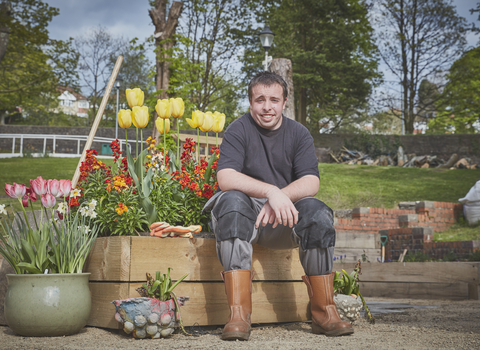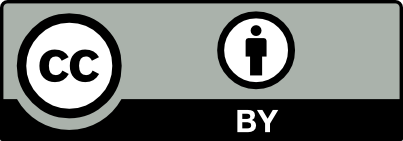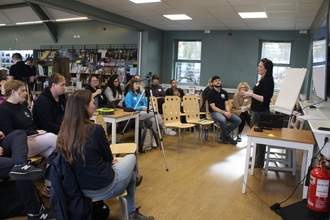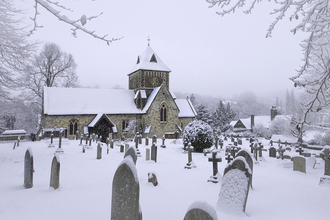Funding applications are all about evidence
Funders need to be sure that your project really will make a difference, so you must have evidence to show that your project is important. This text and video guide explains how to get the value of your project across to funders.
Preparation
You need paperwork to show that you have:
- A committee (the group of people who make decisions for your group)
- A bank account
- A statement of accounts for the last year (unless you are a new group)
- A governing document (this is some written details about your group, which says how it’s run)
You might also need paperwork to show:
- Insurance
- A health and safety policy and/or risk assessments
- An equal opportunities policy (a policy is a written set of guidelines that you follow)
- A child protection or safeguarding policy
Work with your whole group. Answer these key questions:
- What do you want to do? Do you have the people to run it?
- How much will it cost? (Don’t guess. You need to do some research. And it must be cost-effective, which means you are not wasting money.)
- Why is this work important? Who or what needs it?
- How will you know if you are doing a good job? How will you know if your idea has succeeded?
- How often will it happen, and how long will it last?
- Where will it take place? Do you have permission and insurance?
Think about money. You will need to make a detailed budget. Tips:
- List everything you will pay for and what it will cost
- List all the income you expect (for example membership fees, donations, grants you already have)
- Get quotes for everything you will need to pay for
- Do not underestimate! Be realistic
- You could find it useful to prepare a budget for the whole year
Find a funder
First, you need to be clear about the outcomes of your project. Different funders have different priorities, and this means that they will fund your project only if you have the same goals as they do. and they don’t want to waste money. so you must have evidence to show that your project has value.
- You can ask people who are involved and record their answers. Use their quotes.
- You can use statistical information (facts and numbers). Start with the websites for your local council, local authority, police or health authorities. Use reliable sources such as Government reports.
- You can use letters of support from other groups, local councillors, the police, and schools
- You can show that you have a link with local and regional strategies or government projects
You’ll need to prove to your funder that you’ll be successful. This means you need to show you have a good track record. You could show this with:
- Profiles of the people in your group who’ll be involved, which show their qualifications and experience
- Case studies of similar projects your group has run
- Evidence of support from other local groups or organisations
Write your application
When you have a good idea of your project and your outcomes, you can write your application. But remember:
- Don’t assume the funder knows anything, so don’t use jargon and make sure everything is very clear
- Study what the funder wants, and make sure to use their keywords in your application
- Answer the questions and don’t waffle
- Be positive and firm – “we will” is better than “we will try”
- Make it easy to read with clear headings and bullet points
- Ask someone else to proofread it
Find a funder
Housing associations around the UK often fund local projects
Major banks all have various funds available for local and national projects
Crowdfunding might also be a choice for smaller projects
For more detailed information, see:
The National Federation of Parks and Green Spaces guide here, pages 9 to 12.
The National Council for Voluntary Organisations has lots of help here for six articles about grants.
For advice about a business plan, and some downloadable templates, see NCVO website here.
And how to explain why your project is important is on the NCVO website here.


The Wildlife Trusts
Have you been part of a community nature project?
We'd love to hear from you! Your experiences will be shared right here on the Community Hub and will inspire others to take action in their own neighbourhoods.


CC by 4.0 attribution
Except where noted and excluding images, company and organisation logos, this work is shared under a Creative Commons Attribution 4.0 (CC BY 4.0) Licence.
Please attribute as: “Nextdoor Nature (2022-2024) by The Wildlife Trusts funded by The National Lottery Heritage Fund, licensed under CC BY 40”




